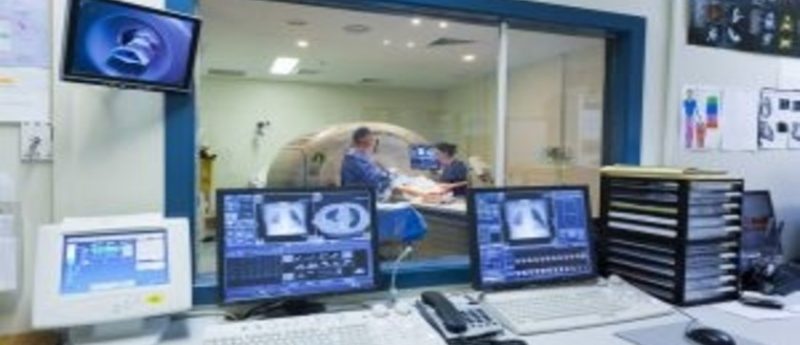Risk assessment scoring system could assist physicians in colorectal cancer screening decisions

A collaborative research effort between the Regenstrief Institute and the Indiana University School of Medicine (both IN, USA), has enabled the development of a new risk assessment scoring system for colorectal cancer. The new test could help physicians distinguish patients who require an invasive colonoscopy assessment from those who do not.
The results of the study, titled ‘Derivation and Validation of a Scoring System to Stratify Risk for Advance Colorectal Neoplasia in Asymptomatic Adults’ have recently been published online in the journal Annals of Internal Medicine.
Guidelines state that colorectal cancer accounts for 55,000 deaths per year and that 85% of the population is classified as being at ‘average risk’ for developing colorectal cancer. However, despite being cost effective, colorectal cancer screening tests are underutilized, in part owing to the current inability to more precisely tailor screening methods according to risk.
When devising the study, lead author Thomas Imperiale of the Regenstrief Institute and Indiana University School of Medicine stated: “The main question was, ‘can the risk factors most frequently associated with the risks for colorectal cancer and advanced, precancerous polyps be used in combination to stratify risk for advanced neoplasia in average-risk persons’?”
The study was conducted in patients with an average-risk of colorectal cancer, aged 50–80 years, who were undergoing initial screening colonoscopy. Points for the risk assessment score were assigned based on risk factors for both colorectal cancer and advanced precancerous polyps. These risk factors included age, gender, family history of colorectal cancer, smoking history, and waist circumference. Based on their risk assessment scores, the patients were separated into very low-, low-, intermediate- and high-risk categories.
It was discovered that there were fewer advanced neoplasms in the low- and very low-risk groups. This indicates that less invasive tests such as sigmoidoscopies or occult blood tests could be suitable screening methods for these patients. Conversely, the researchers indicate that those in higher-risk groups may require a colonoscopy.
Imperiale explained the biggest challenge with the new method at present: “Is getting to the point where providers are comfortable using the scoring system, reassuring patients at very low and low risk that non-colonoscopy based strategies may be as effective, and convincing high-risk patients who do not want colonoscopy, to have one.”
“Our hope is that knowing the risk of advanced neoplasia may make colorectal screening more patient-centered with respect to choosing a screening test,” Imperiale concluded.




